Migrants got a fair go, it’s our turn to pay it forward with the Indigenous voice to parliament
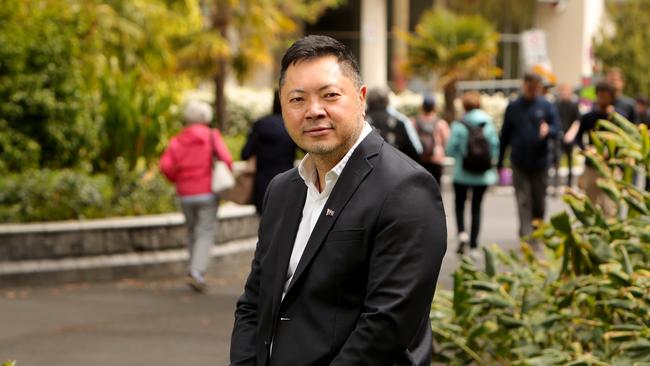
Signatories to the new website multiculturalforvoice.org include several Indian and Chinese community organisations, along with Sri Lankan, Italian, Irish, Iranian, Greek, Vietnamese, Filipino, Sikh, Islamic, Hindu, Buddhist and Pacific Islander community groups – to name just a few.
However, in a strange attempt to counterbalance the unprecedented expression of multicultural solidarity with Indigenous people, the ABC and SBS grasped at straws: they platformed Jamal Daoud, a former candidate for the United Australia Party, who claimed he had started a multicultural group to oppose the voice.
Daoud’s group does not yet appear to exist. There is no information about it online. After the publication of the news stories, a single YouTube video was posted showing Daoud with Warren Mundine. When I last checked, that video had only two views and one subscriber. Yet Daoud’s assertions were promoted. The SBS story even reported Daoud’s assertion that the voice would prompt the government to close Australia’s borders and stop immigration. Why are Australia’s public broadcasters helping spread such misinformation?
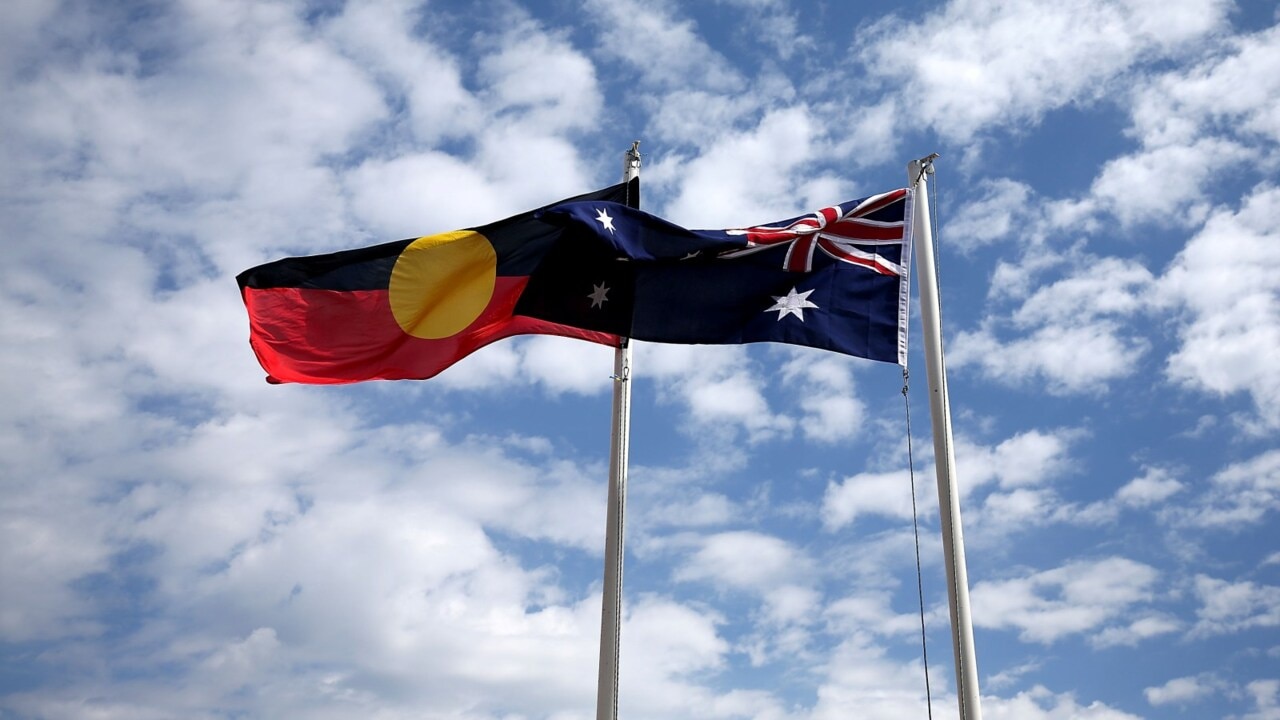
In fact, the growing multicultural support for the voice referendum is clear and unsurprising.
Many migrants and descendants of migrants feel deep empathy for Indigenous people. Many also have experienced discrimination. Some come from countries with histories of colonisation. We know what it is like to feel excluded or that we don’t belong.
My parents migrated to Australia from India via Fiji towards the end of the White Australia policy. They came from poor backgrounds, worked hard and prospered. I feel incredibly lucky to be born Australian, but we also know the history: this great democracy – and the opportunity and prosperity so many migrants enjoy – was built off the back of Indigenous losses. Most migrants have been given more of a fair go here than the original owners of the land.
Take voting rights. The Commonwealth Franchise Act 1902 provided that “aboriginal natives” of Australia, Asia, Africa or the Pacific Islands were not entitled to be on an electoral roll. A Victorian Indian man, Mitta Bullosh, challenged his exclusion from voting in 1924. The commonwealth subsequently altered the act to allow Indian people to vote – but not Indigenous people, who didn’t get equal voting rights across jurisdictions until four decades later. If only Bullosh had advocated the rights of his Indigenous compatriots along with his own.
While my parents could purchase property to build our lives in Victoria, the Wik people up north in Aurukun could not. The Queensland government had a policy preventing Indigenous people from buying large tracts of land. Wik leader John Koowarta challenged it and in 1982 the High Court struck down the policy. But the government declared the land a national park, which meant it couldn’t be bought. Is it any wonder so many Indigenous families suffer intergenerational disadvantage to a far greater extent than other Australians?
A constitutional voice will not “re-racialise” the Constitution, as Opposition Leader Peter Dutton claims. Race has been in the Constitution since 1901. Indigenous people have been treated unjustly because they were considered an “inferior race”. There were race-based clauses excluding them and some race-based constitutional provisions remain.
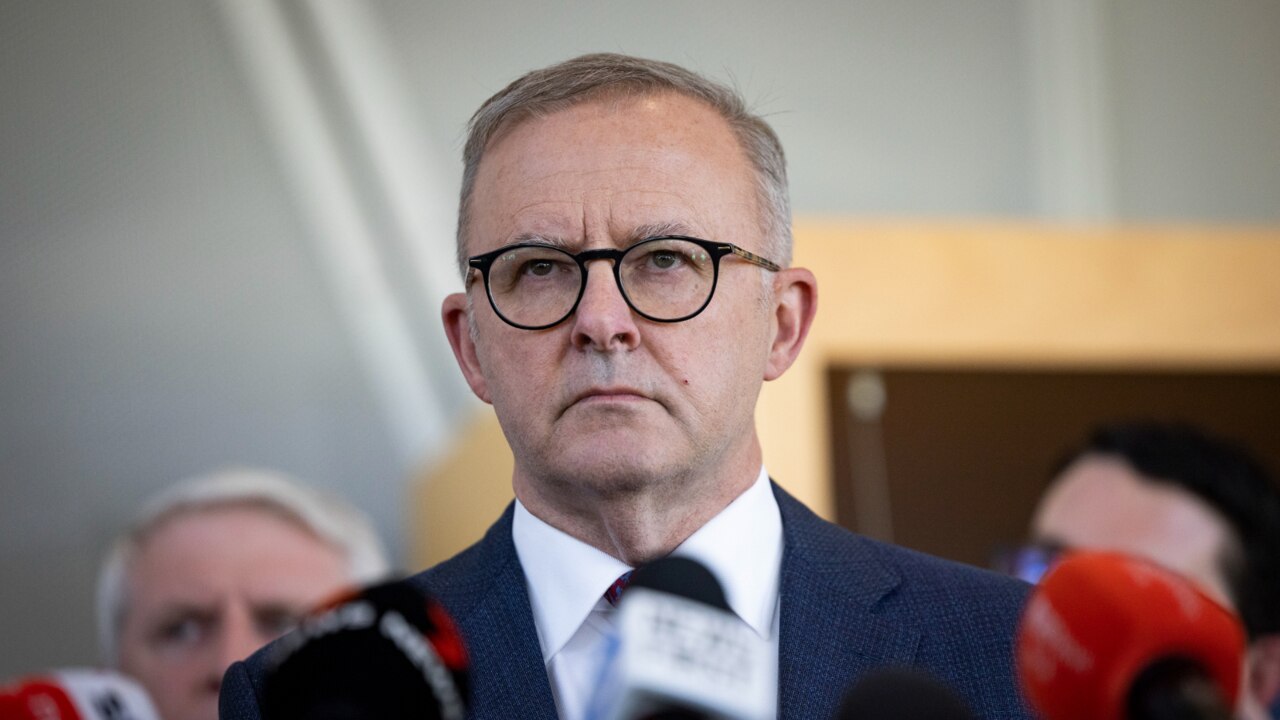
Indigenous recognition through a voice aims to fix this discriminatory exclusion by belatedly including and recognising Indigenous people in the Constitution. Giving Indigenous communities an advisory voice in their affairs will help prevent discrimination, to improve policies and practical outcomes.
The claim that the voice will divide Australians by race has been rejected by Chin Tan, Australia’s Race Discrimination Commissioner, who is of Malaysian-Chinese origin – an appointee of the former LNP government. Tan says a Yes vote would be “a powerful act of national unity”.
Nor will it be the case, as some have claimed, that Indian, Chinese or Vietnamese Australians will all need a constitutional voice too, just because Indigenous Australians will have one if the referendum succeeds.
There is no Native Title Act for Indians. There is no closing the gap policy for Indians. Why? Because Indians were not dispossessed in this country.
Only one group was dispossessed of their land when the British came: Indigenous people. Indigenous Australians were the only group explicitly excluded from the Constitution of 1901, through race-based clauses singling them out.
And Indigenous Australians are still the only group for whom the federal parliament has a special constitutional power – the race power – which it uses to make laws only about Indigenous Australians.
Indigenous communities occupy a special historical place in this country. Provided with accurate information, most multicultural Australians understand this.
I urge migrants and their descendants: do not be passive bystanders in this debate. It is inspiring to see more than 120 multicultural community organisations stepping up, saying Yes and helping educate their communities – but we can and must do more.
We must fight fake news with facts. We must counter misinformation and division with truth and compassion. Let us do the hard work together. If multicultural Australians stand in solidarity with Indigenous people, the referendum will succeed.
Shireen Morris is a constitutional lawyer and director of the Radical Centre Reform Lab at Macquarie University law school. @ShireenMorrisMs


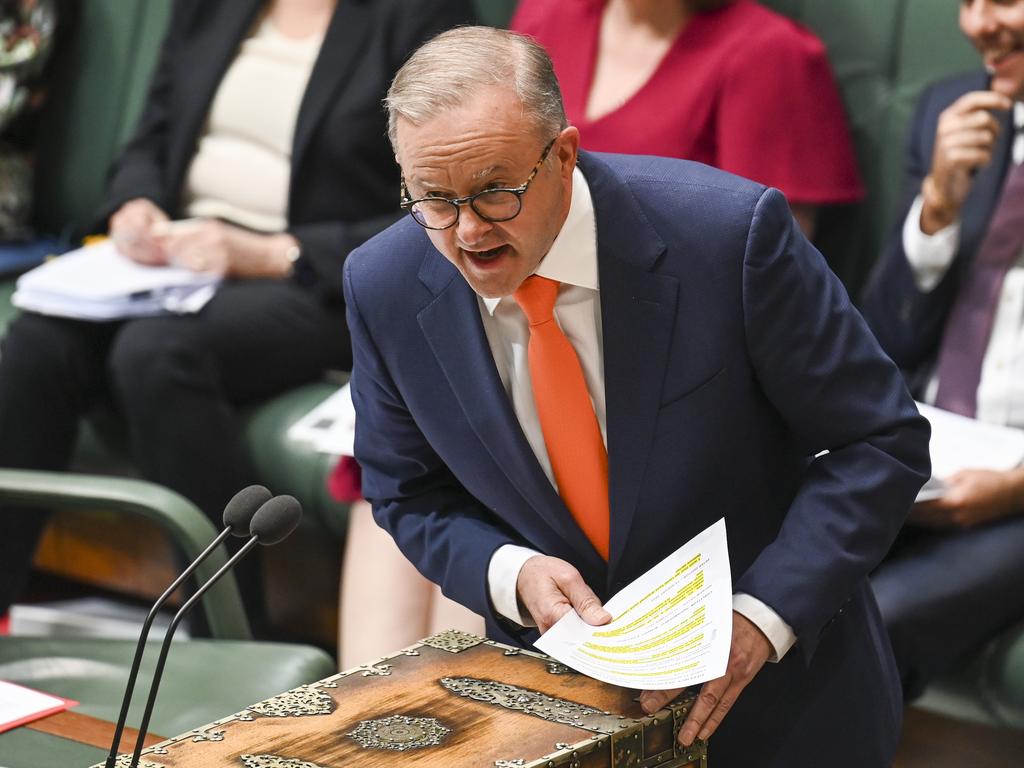
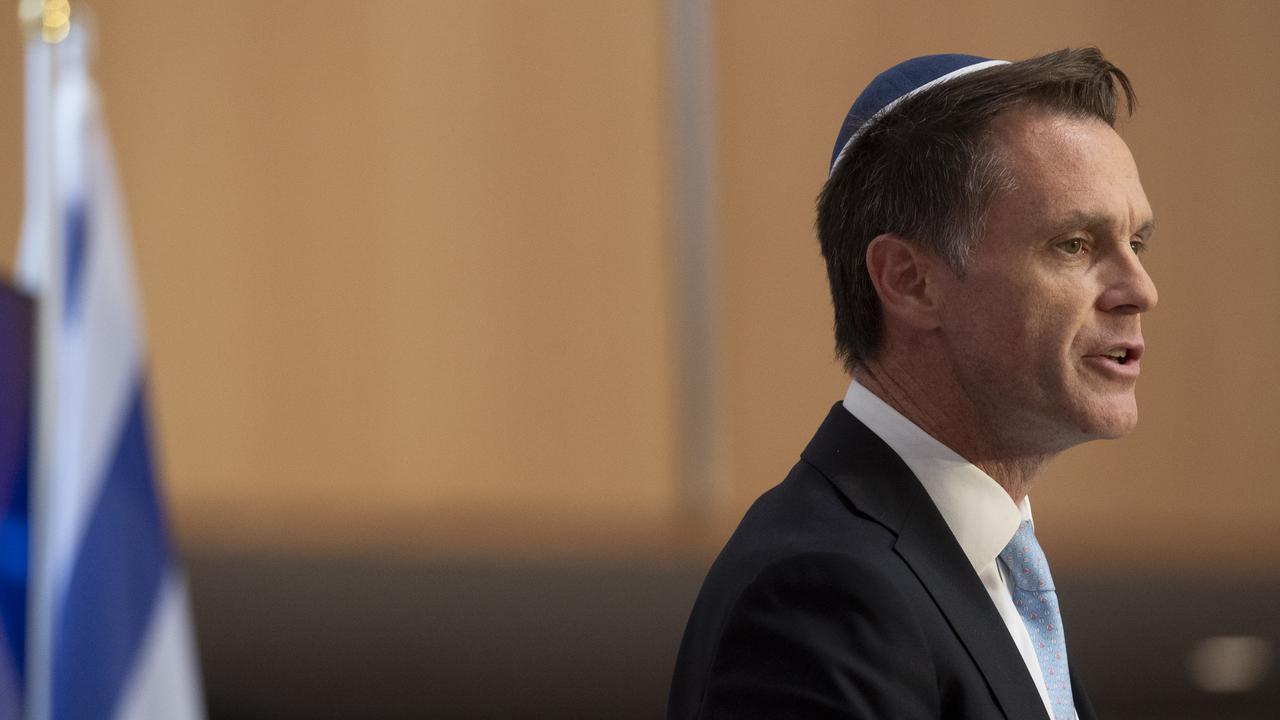
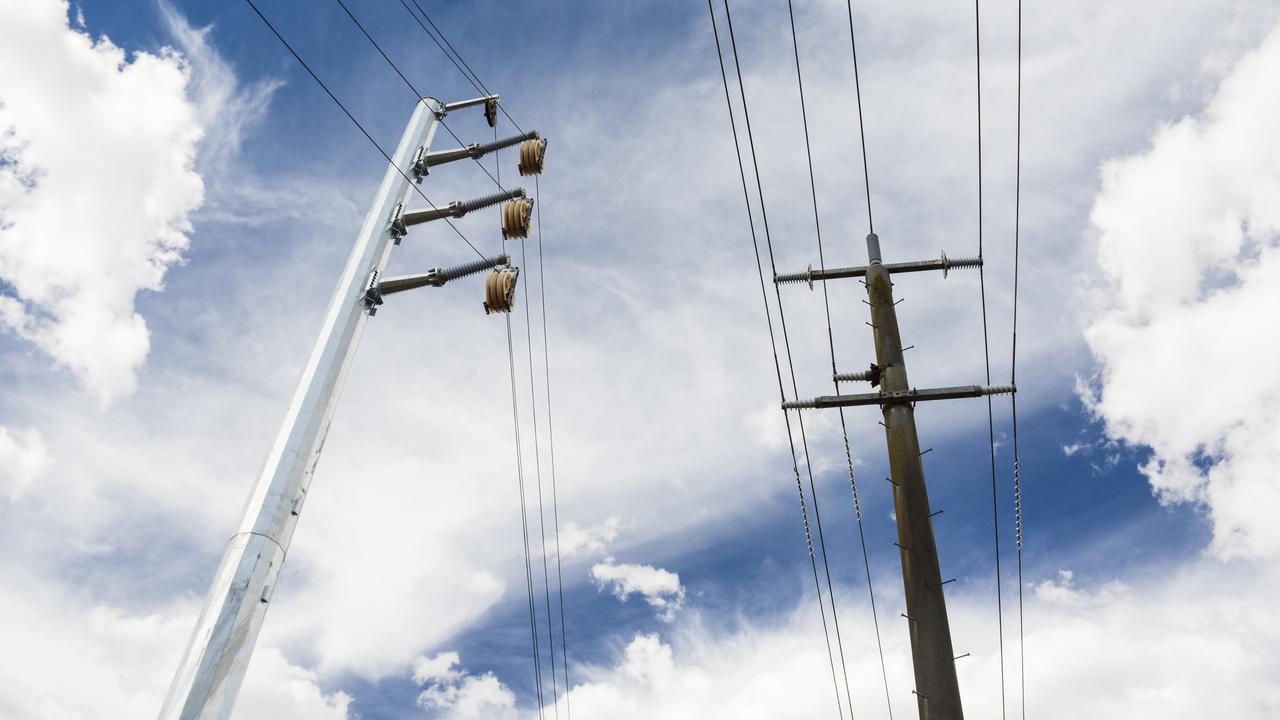
Last week, a growing alliance of more than 120 ethnic and cultural community organisations expressed their steadfast support for a Yes vote in the upcoming Indigenous voice to parliament referendum.